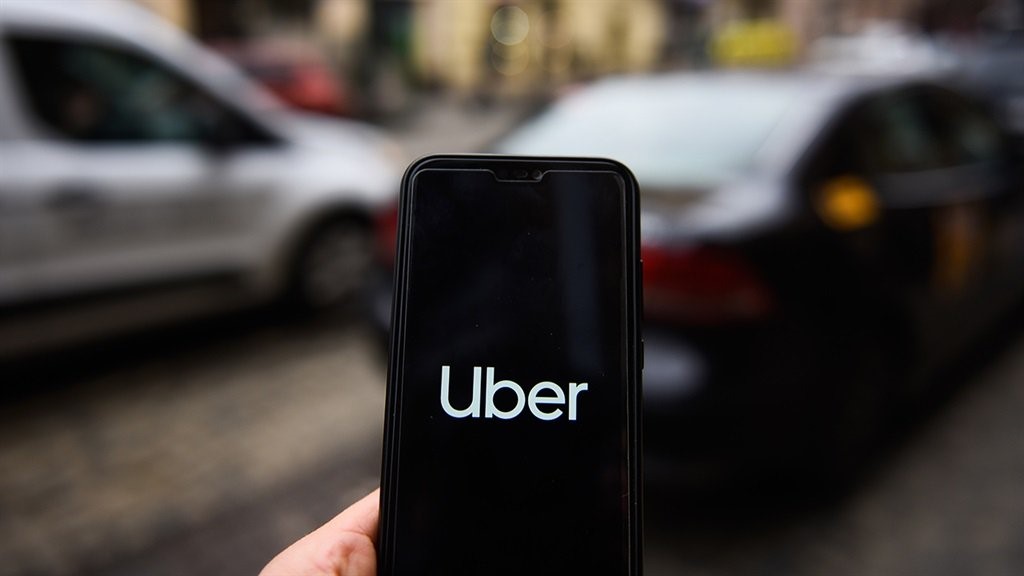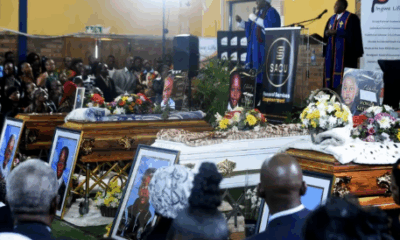News
No Rides, No Relief: Why You Couldn’t Get an Uber This Morning in Gauteng

Drivers say it’s a ‘matter of survival’ as commission dispute leaves commuters stranded
If you were tapping your phone in frustration this morning, wondering why no Uber was pulling up, you’re not alone. Hundreds of Gauteng residents were left stranded Tuesday as Uber drivers staged a mass protest against what they claim are exploitative changes to the company’s commission structure.
‘We’re Tired of Being Squeezed’: What Sparked the Protest
At the heart of the walkout is Uber’s alleged adjustment to the percentage of commission it takes per ride, a move that drivers say will slash their earnings at a time when fuel prices, car maintenance costs, and living expenses are already sky-high.
“If we don’t do this, Uber will just drop the prices again and again,” said one protesting driver in a voice note circulating on social media.
The protest, organised by a network of drivers through WhatsApp and voice notes, included a march to Uber’s headquarters in Parktown. Drivers were warned not to operate during the strike, with one voice note warning that those who defied the collective action would face “disciplinary action” from peers.
A Standstill for Commuters
Tuesday’s strike left many morning commuters stranded, particularly in busy areas like Midrand, Sandton, and Johannesburg CBD, where e-hailing is a daily lifeline. Social media lit up with complaints, with users sharing screenshots of long wait times, surge pricing, and even cancelled rides across Uber, Bolt, and other platforms.
Some desperate commuters turned to minibus taxis or requested lifts from friends. Others simply missed appointments and work.
“No Ubers, no Bolts… I’ve been trying since 6am. I’m going to be late for my shift again,” tweeted one user.
The Bigger Picture: The Cost of Convenience
This isn’t the first time Uber drivers have pushed back. South African e-hailing drivers have long complained about shrinking margins, fuel costs, safety risks, and price wars that benefit riders at their expense. Unlike full-time employees, most are classified as independent contractors, meaning they’re not guaranteed benefits or protections.
“People think we’re making easy money. But after Uber takes their cut, after petrol, after tyres, there’s barely anything left,” said a Pretoria-based driver who joined the protest.
In previous protests, drivers have called for government regulation of the e-hailing industry to prevent undercutting and to ensure fair working conditions. As one activist put it, “We’re not fighting Uber only. We’re fighting for dignity in this industry.”
What This Means for Riders
Interestingly, while the drivers fear lower earnings, Uber may be trying to make rides cheaper to win back price-conscious customers. The competition among platforms has heated up, with new entrants offering aggressive discounts and loyalty programmes.
If Uber does reduce trip prices, some users might benefit, but the long-term availability and quality of the service could suffer if drivers continue to feel squeezed and quit in large numbers.
So far, Uber hasn’t issued an official statement on the commission changes or the protest. Meanwhile, riders are urged to plan alternative transport or expect delays and cancellations as the standoff continues.
If there’s one clear takeaway, it’s this: the convenience of app-based transport comes at a cost — and that cost may soon hit either your wallet or your wait time, depending on which side wins the tug-of-war.
South Africa’s ride-hailing economy is evolving quickly, but as today showed, it’s still deeply fragile and for many of the drivers behind the wheel, survival is no longer guaranteed.
{Source: The Citizen}
Follow Joburg ETC on Facebook, Twitter , TikTok and Instagram
For more News in Johannesburg, visit joburgetc.com



























